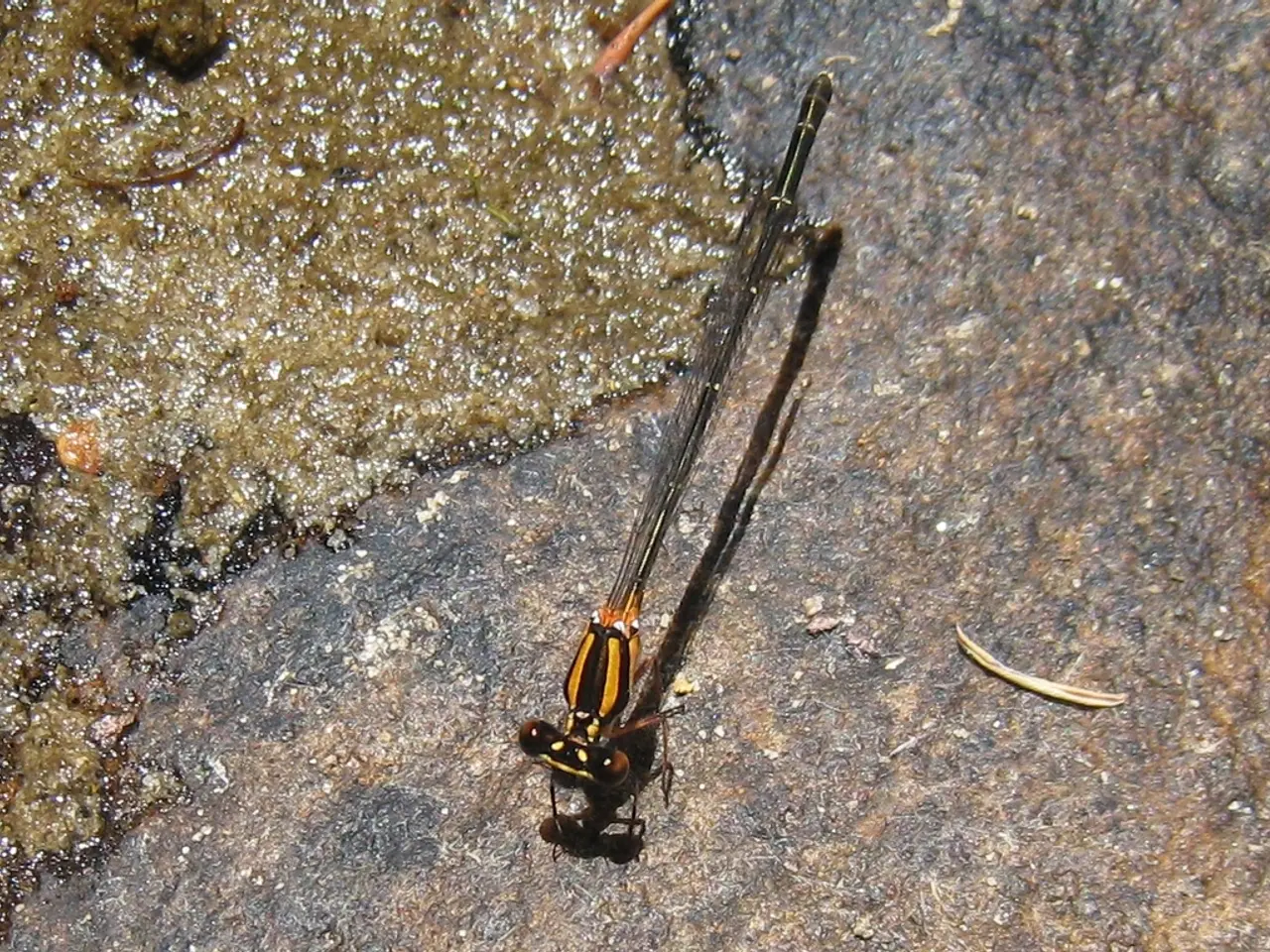WHO Warns of Chikungunya Virus Spread in 2025
The World Health Organization (WHO) has issued a stark warning about the potential spread of the chikungunya virus (CHIKV) in 2025. The organization urges all countries to bolster their healthcare systems and laboratory capabilities to combat potential outbreaks.
Currently, 27 countries are home to Aedes aegypti mosquitoes, which can transmit the virus. However, local CHIKV transmission has not been detected in all of these nations. For instance, Germany has the Asian tiger mosquito but no local infections have been reported. Similarly, some parts of Europe outside Italy, France, and Spain have seen imported cases but no local transmissions. The virus can spread to new regions through infected travelers and mosquitoes.
The Aedes albopictus mosquito, which is prevalent in many countries, can also transmit CHIKV, particularly strains with the E1-226V mutation. This poses a constant threat to new countries. Factors like low immunity in previously unaffected areas, favorable mosquito breeding conditions, surveillance gaps, and high human mobility further increase the risk of CHIKV spread.
From January 1 to September 30, 445,271 suspected and confirmed CHIKV cases have been registered worldwide, with 155 deaths. While outbreaks have intensified in some regions compared to 2024, the global disease growth is difficult to determine due to uneven distribution. The WHO's call to action is a proactive measure to prepare for potential CHIKV threats in the coming year.
Read also:
- FDA's Generic Mifepristone Approval Sparks Pro-Life Concerns Over Safety and States' Rights
- Understanding Child Development: Causes and Signs of Delays
- Pope Francis' New Book 'Let Us Dream' Offers Unity and Hope for Post-Covid World
- Stephanie Estremera Gonzalez: From Medical Assistant to Residential Manager at The Point/Arc








